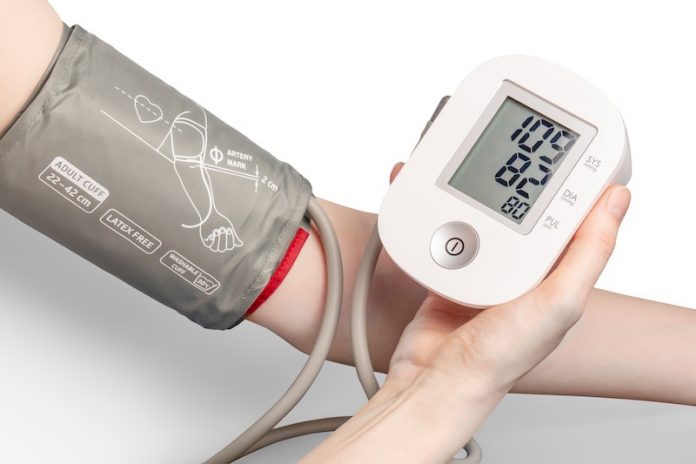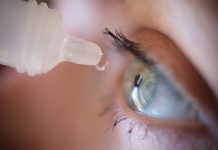
Scientists from the University of Michigan found that exposure to man-made chemicals found in common household products and in soil, air, food and water may raise the risk for high blood pressure in middle-aged women.
They found middle-aged women with higher blood concentrations of per- and polyfluoroalkyl substances, or PFAS, were 71% more likely to develop high blood pressure than their peers with lower levels of these substances.
The research is published in Hypertension and was conducted by Ning Ding et al.
PFAS are known as ‘forever chemicals’ because they never degrade in the environment and contaminate drinking water, soil, air, food and numerous products we consume or encounter routinely.
According to the U.S. Environmental Protection Agency, thousands of PFAS are used in common household products, such as some shampoos, dental floss, cosmetics, non-stick cookware, food packaging, stain-resistant coatings for carpeting, upholstery and clothing.
Scientists have known for some time that PFAS disrupts metabolism in the body.
In the study, the team analyzed blood levels of seven PFAS and the risk of high blood pressure among 1,058 middle-aged women.
The women were 45 to 56 years old and had normal blood pressure when the study began. They were followed almost annually from 1999 to 2017.
The researchers chose to study middle-aged women because menopause is a period when a woman’s risk for high blood pressure begins to rise, along with other heart risks.
The team says they examined individual PFAS as well as several PFAS together, and they found that the combined exposure to multiple PFAS had a stronger effect on blood pressure.
These findings make it clear that strategies to limit the widespread use of PFAS in products need to be developed.
Switching to alternative options may help reduce the incidence of high blood pressure risk in midlife women.
If you care about high blood pressure, please read studies about food that could help lower risk of high blood pressure, diabetes, and this diet could help reduce high blood pressure.
For more information about blood pressure, please see recent studies about why people with high blood pressure more likely to have severe COVID-19, and results showing scientists find an important but ignored cause of high blood pressure.
Copyright © 2022 Knowridge Science Report. All rights reserved.



